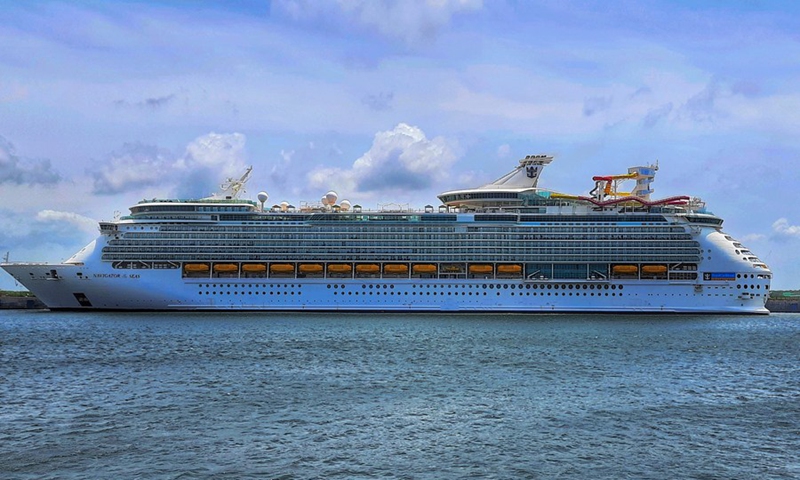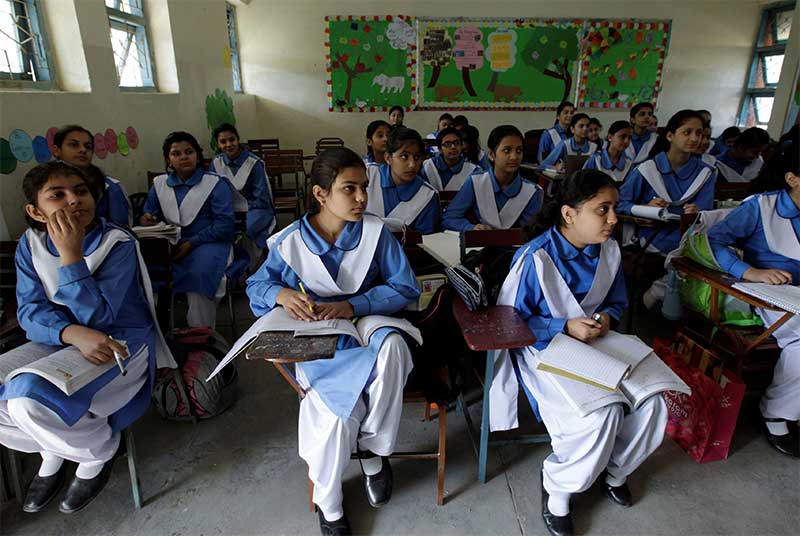India’s pressure on Sri Lanka to defer the arrival of a Chinese research vessel at a Sri Lankan port, citing so-called national security concerns, is unreasonable, a Chinese Foreign Ministry spokesperson said on Monday, urging “relevant parties” to view China’s marine scientific research activities rationally and refrain from interfering in normal exchanges and cooperation between China and Sri Lanka.
Reuters reported on Sunday, citing a government source, that Sri Lanka had asked China to defer the planned visit of a Chinese research and survey vessel, the Yuan Wang 5, which was to dock at the Hambantota port, after an objection from India.
Scientific research ships from various countries, including China, have docked at Sri Lankan ports – a transportation hub in the Indian Ocean – for supplies many times. China has always exercised the freedom of the high seas legally and fully respects the jurisdiction of coastal states for scientific research activities in the waters under their jurisdiction, Wang Wenbin, a Chinese Foreign Ministry spokesperson, told a regular press conference in Beijing on Monday.
Sri Lanka is a sovereign country and has the right to develop relations with other countries based on its own development interests; normal cooperation between China and Sri Lanka is the independent choice of the two countries and serves the common interests of both sides, Wang said.
“The cooperation aims at no third party, and it’s also unreasonable to pressure the Sri Lankan side over so-called national security concerns,” Wang said.
Wang described India’s pressure on the island country as a brutal interference in Sri Lanka’s private and normal foreign exchanges and cooperation, when it’s facing severe economic and political difficulties. “It’s a typical case of ‘taking advantage of others’ dangers’, which goes against the basic norms of international relations.”
“We urged relevant parties to view China’s marine scientific research activities rationally and stop interfering with normal exchanges and cooperation between China and Sri Lanka,” the official warned.
Sri Lanka’s Defense Ministry also said last week that the call was “nothing unusual” as vessels from countries including India, Japan and Australia periodically make such calls, according to Indian news outlet The Hindu.
Chinese experts also dismissed India’s “fuss” over the normal port call, noting that ships making port calls also generate foreign exchange revenue for the host country for services such as refueling and obtaining supplies, and this could provide some help to Sri Lanka to address its current economic woes.
In 2017, Sri Lanka leased the southern port to China Merchant Port Holdings. Despite the economic woes afflicting Sri Lanka, the port’s dry bulk cargo increased 1.5 percent year-on-year in the first five months of 2022. The Port of Hambantota also facilitated the transportation of 5,000 tons of oil to the fuel-starved country.












